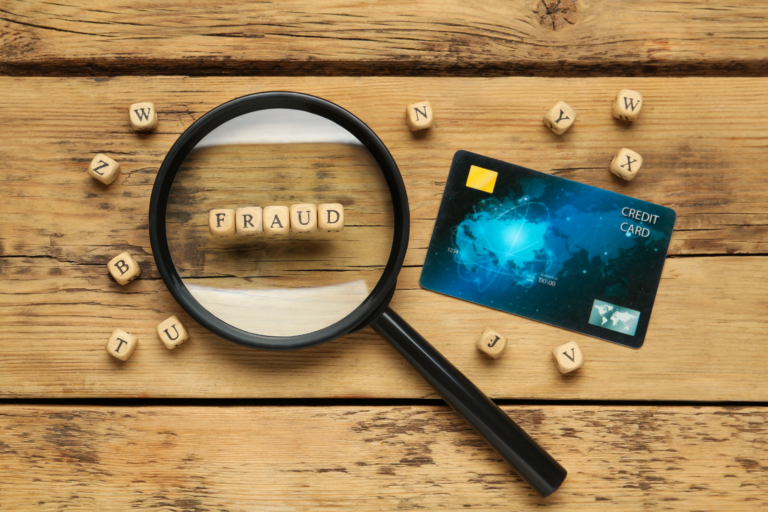By Z. I. Tarazona
Financial abuse can happen to anyone, at any age, regardless of income level. But according to the National Council on Aging, financial abuse and fraud cost older victims up to $36.5 billion annually. Elder financial abuse involves taking money or property from unsuspecting older adults and using it for personal benefit. Rarely do victims recuperate from the financial loss it can cause, often resulting in mental, emotional, and physical health problems, and a reliance on public benefits. Did you know that June is National Elder Abuse Awareness Month and June 15 is World Elder Abuse Awareness Day (WEAAD)?
Elder financial abuse can be a complex issue—the two stories below illustrate the experiences of some survivors.
Joe, a hard-working retired immigrant, returned to his home country after building significant savings from running his own business in the United States. He remarried and purchased a house, where he lived with his wife and his stepson Matt, until his wife died. Joe depended on his stepson for assistance in all financial, legal, and administrative issues. Matt convinced Joe to sell his house and to open a joint bank account with him, where Joe deposited all of his money. Shortly thereafter, Matt emptied the account, leaving Joe without a home and hopeless. He now lives with friends.
Becky is 70 years old, owns her home, and has significant savings for her retirement. Several years ago, a younger neighbor befriended Becky. Becky spends her time and money with the neighbor, who seems emboldened by the influence that he has over Becky. The family is concerned, but Becky is a very private person and does not share much about her life with her family.
Tip: Know the signs. For a complete guide on how to spot types of abuse, check out the Consumer Financial Protection Bureau’s free guide, Money Smart for Older Adults Resource Guide
What You Should Know About Elder Financial Abuse
1. It can take many forms.
In addition to experiences like Joe and Becky’s, perpetrators can target victims through:
- Forging signatures from financial documents
Many older adults have been intimidated into signing powers of attorney, wills, and deeds. Their forged signatures are used to provide perpetrators with access to credit cards, bank accounts, and other financial instruments. - Internet scams
In addition to fake charities, telemarketing, and sweepstakes scams, people have been targeted for scams that involve wining prizes that require payments to claim the prize. - Identity theft and identity fraud
Abusers will steal of personal property, mail, wallets, and documents that contain tax information, social security, identification, credit, and bankcards that provide access to these accounts, as well as personal checks and pension payments.
Tip: Visit the Federal Trade Commission website for a list of the latest scams.
2. Stigma prevents many older adults from reporting the abuse.
As with other forms of abuse, victims of elder financial abuse are often reluctant report the crime, for many reasons. They may be embarrassed or may fear being a source of “problems” or shame within their family. Oftentimes, they are dependent on the perpetrator and fear retaliation for reporting. They may be afraid of losing their independence.
3. There are steps you can take to prevent it.
Below are some precautionary steps that you can follow to protect yourself, your finances, and your possessions.
(If you have an older adult in your life, pass these steps along to them!)
- Avoid isolation. Criminals are less likely to commit a crime if they know that the victim is not alone.
- Be careful whom you grant a power of attorney. Check out this article: “Five Safeguards to Consider Adding to Any Power of Attorney for Finances”
- Do not share your personal information with strangers, especially over the phone.
- Do not open the door to strangers nor invite them into your home.
- Do not make hasty financial decisions. Consult with family, bankers, attorneys, and accountants beforehand.
- Keep financial documents in a safe place and, if possible, give copies to a trusted person.
- Take pictures of your valuables, especially jewelry and electronics.
- Plan with your financial institution to alert you, or a designee, if there is unusual activity on your account.
- Check the references of anyone you hire to work for you, including caregivers.
- Check your credit reports regularly and put a freeze on accounts if necessary.
How You Can Report Elder Financial Abuse
- The National Institute on Aging has a comprehensive list of organizations that can help. Visit their website under “Get help” for more information.
- The New York State website also recommends reaching out to your local office of the Department of Social Services Adult Protective Services.
- To file a complaint for abusive financial products visit the Department of Financial Services and/or to report criminal conduct contact the Attorney General’s Office at 1-800-771-7755
Still have questions?
Fraud, scams, and unfair practices may not only harm you or your loved ones financially, but also emotionally. Although it may be hard for you to seek help, know that you are not alone. NYLAG Financial Counselors can help you navigate these situations and feel safe again.
- If you are currently working with a NYLAG financial counselor, reach out to them now to discuss your goals and saving options. Click here to connect with a NYLAG financial counselor.








